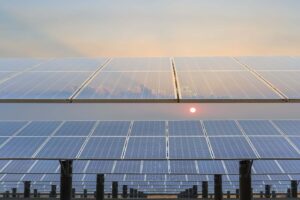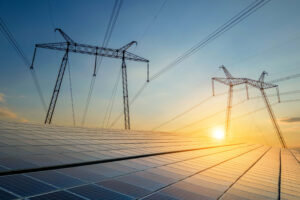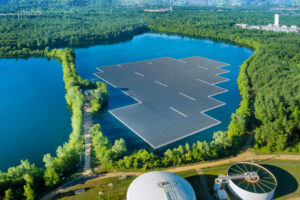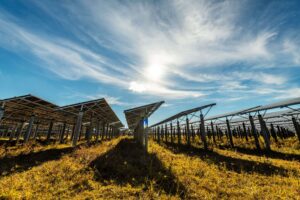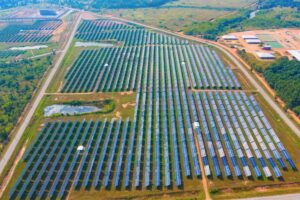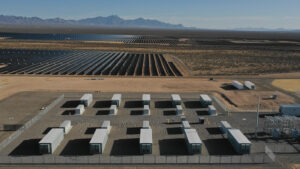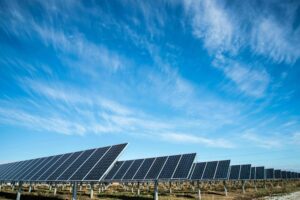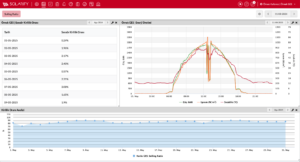
One of the most critical factors directly affecting the performance of solar power plants is panel soiling. Dust, dirt, pollen, and other environmental factors accumulate on the surface of panels, blocking sunlight from reaching the cells and causing energy production losses. But the key question is: How can we detect panel soiling without going to […]
